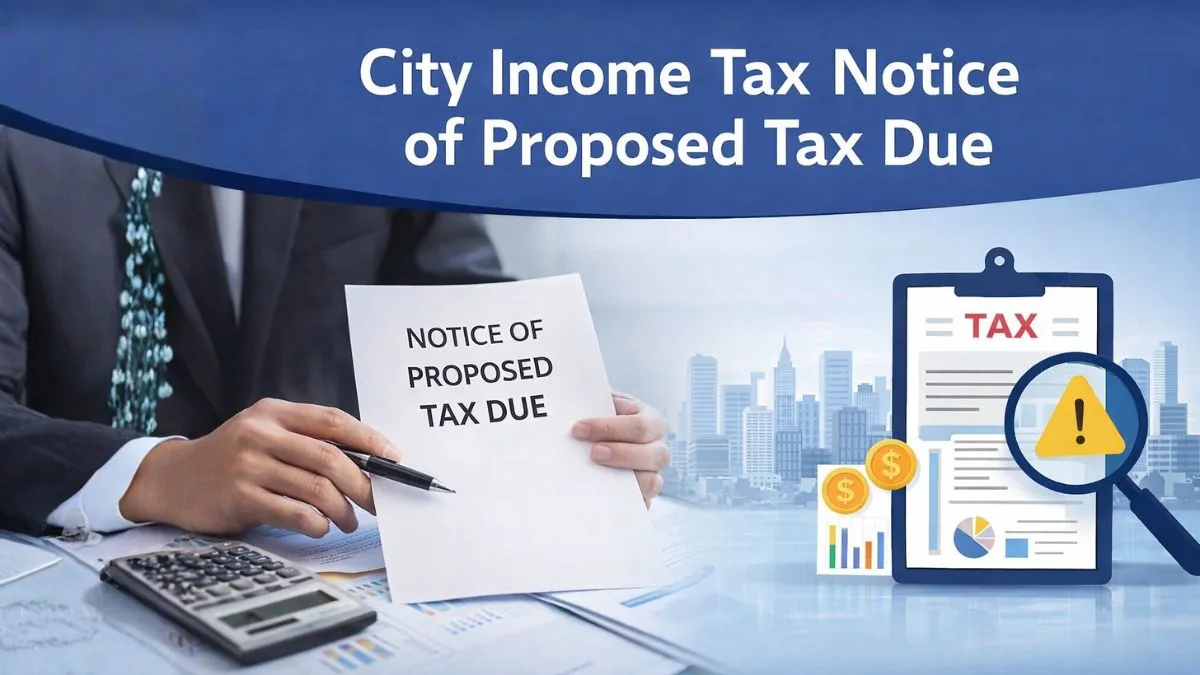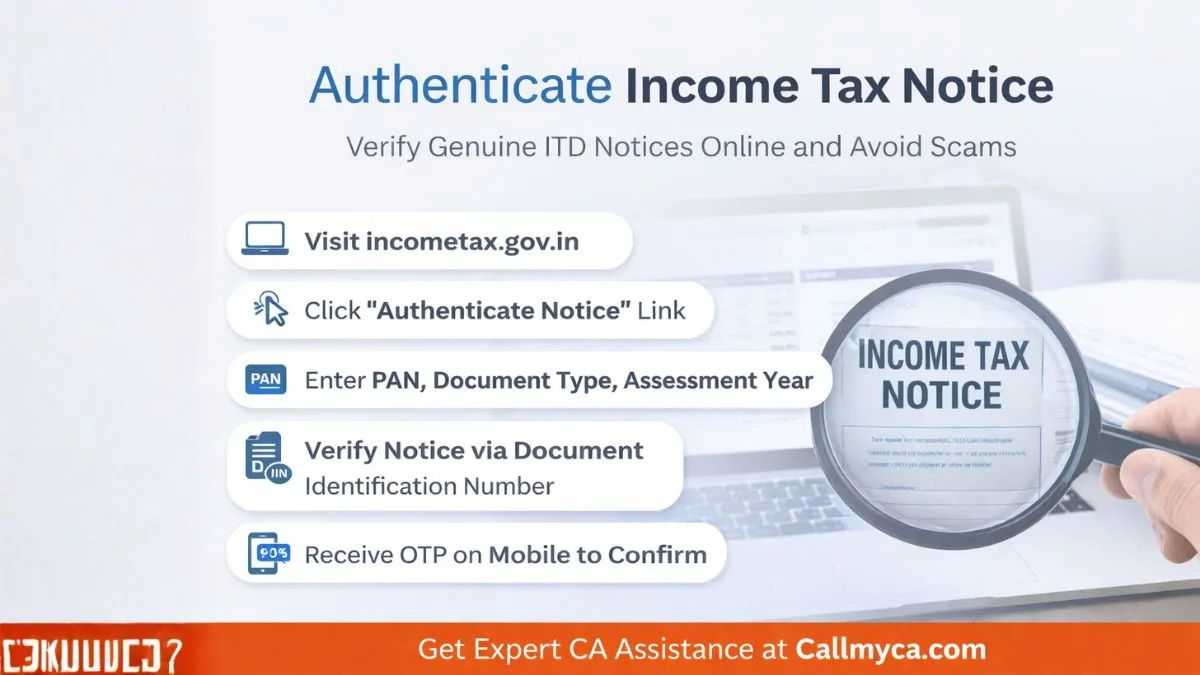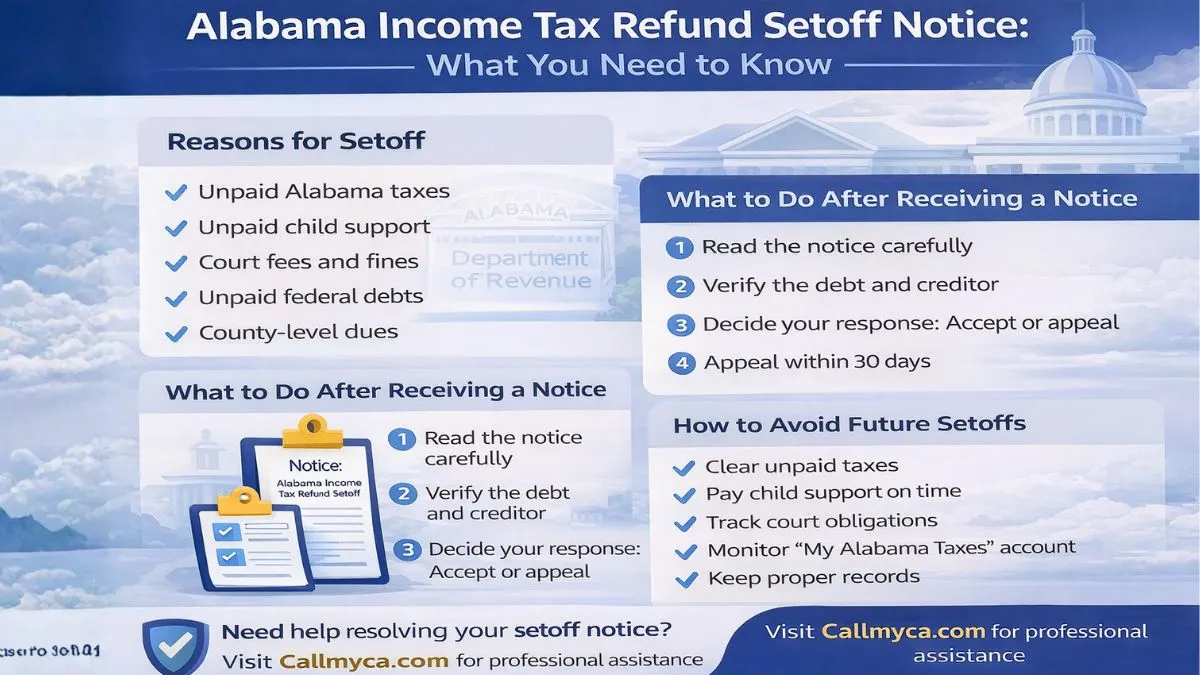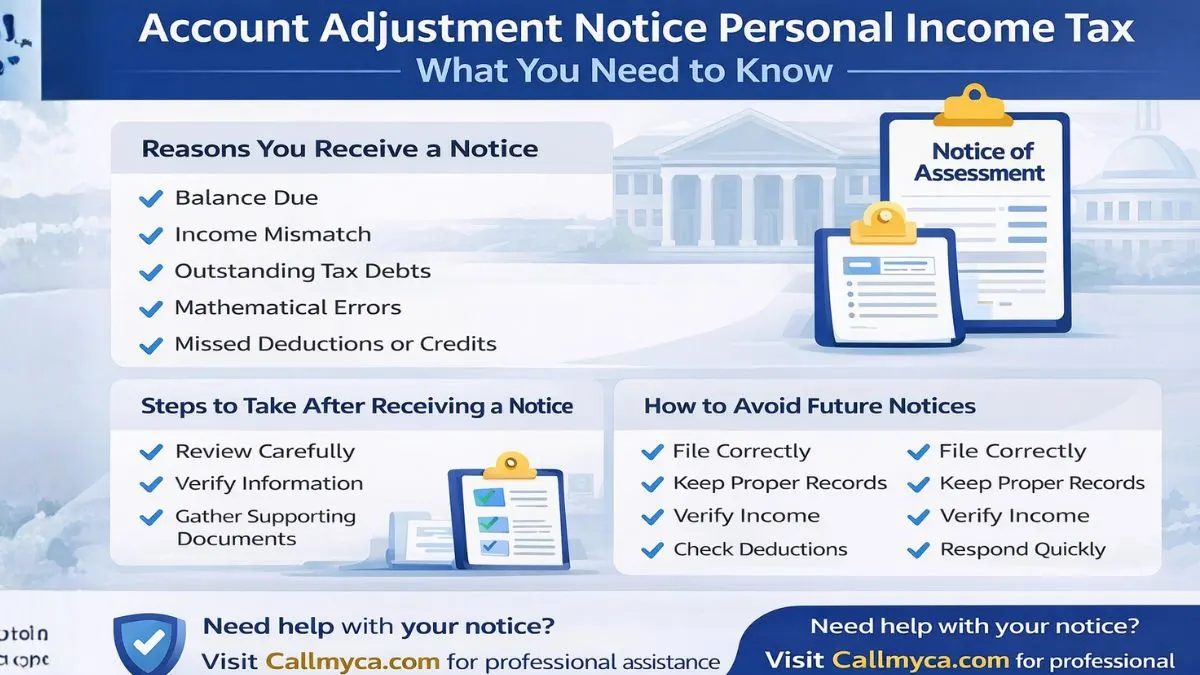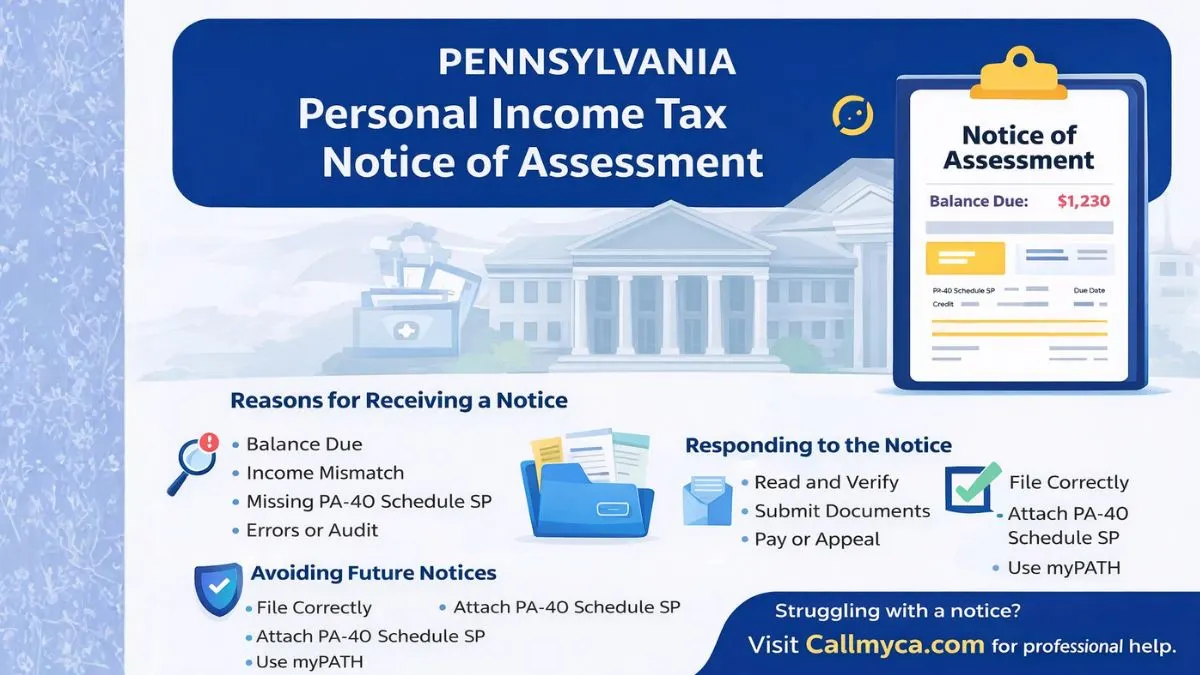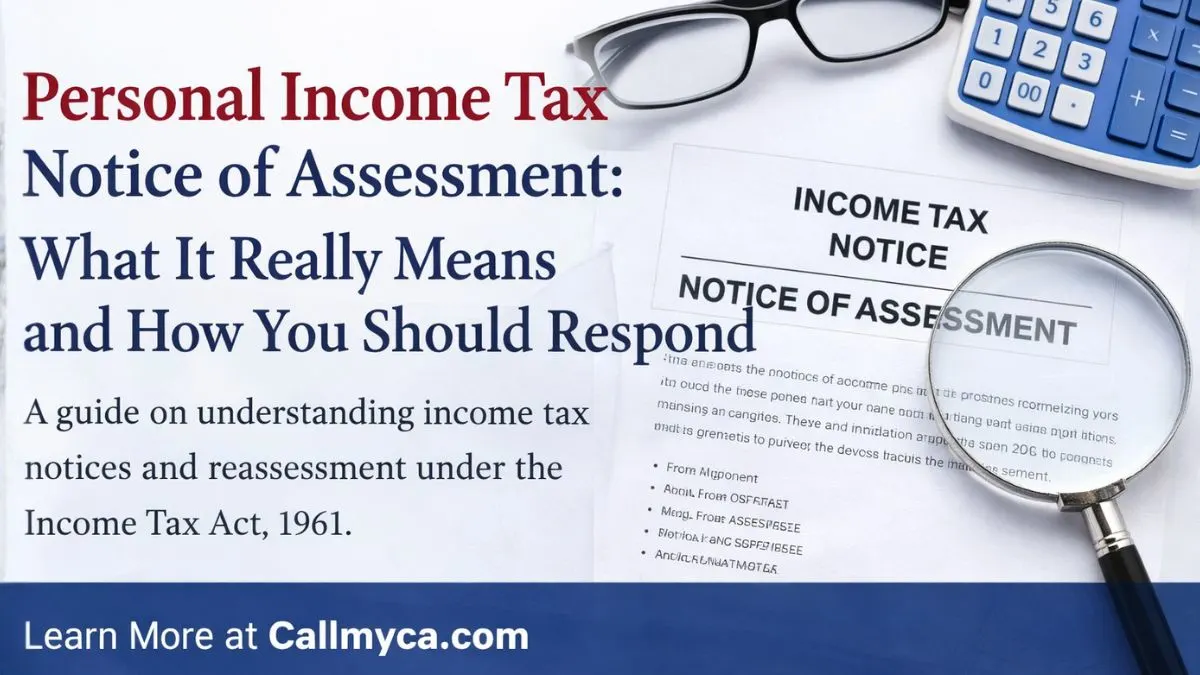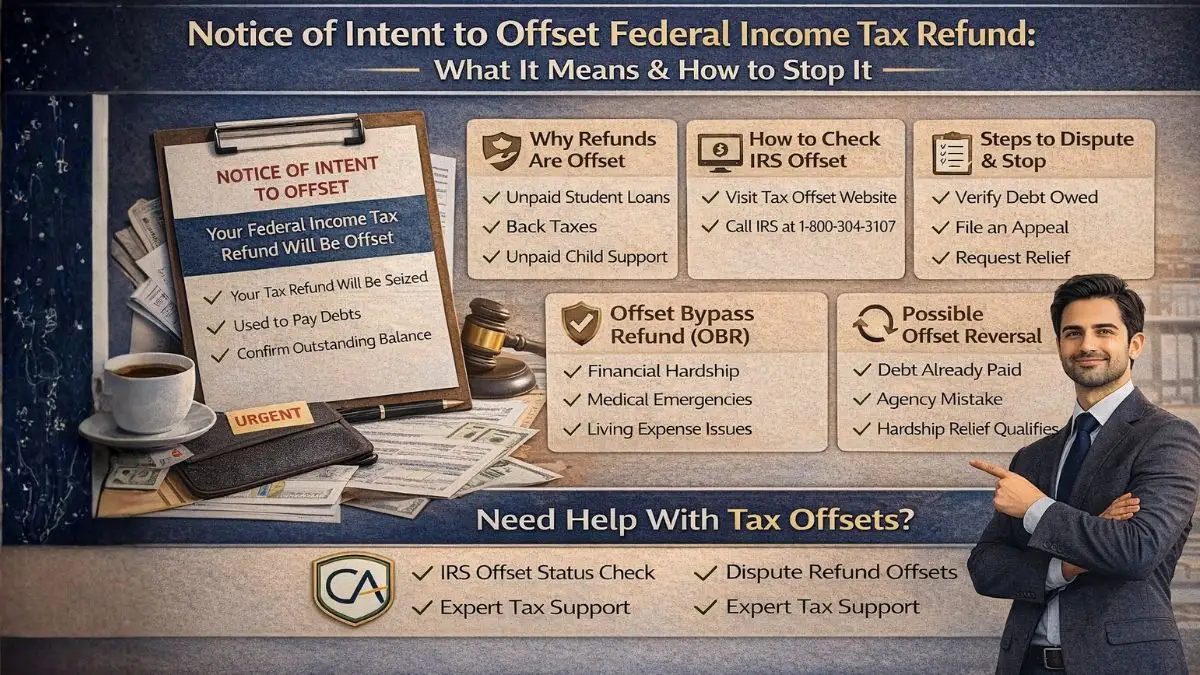
When it comes to financial planning, term insurance is often the first product we’re advised to buy. But what makes it even more attractive—aside from securing your family’s future—is the tax benefit that comes with it. So, term insurance comes under which income tax section? Let’s break it down in the simplest way possible.
Which Income Tax Sections Cover Term Insurance?
Many people often ask, term insurance Under which section for income tax rebate? Or, term insurance premium is covered under which section of the income tax?
Here’s the answer:
✅ Section 80C – The premiums you pay toward a term insurance policy are eligible for a tax deduction under Section 80C of the Income Tax Act.
You can claim up to ₹1.5 lakh annually. This includes term insurance premiums, ELSS, PPF, etc.
✅ Section 80D – Wait, isn’t this for health insurance? Yes, but if your term insurance policy has a critical illness rider, you may also get an additional tax deduction under Section 80D.
✅ Section 10(10D) – This section comes into play when the policy matures or when the sum assured is paid to your nominee. The maturity benefit or death benefit is exempt from tax under Section 10(10D), provided certain conditions are met.
So, yes, term insurance tax exemption comes under the sections 80C, 80D, & 10D of the Income Tax Act. That’s a triple benefit!"
Tax Deduction vs. Tax Exemption – Know the Difference
It’s common to confuse deduction with exemption. Let’s simplify:
- A deduction (under sections 80C or 80D) reduces your taxable income.
- An exemption (under Section 10D) means the payout you or your nominee receives is not taxable at all.
So, whether you're buying term insurance to protect your family or just to save taxes, understanding this difference helps you plan better.
Is There a Catch? Conditions You Must Fulfil
Yes, there are some conditions under Section 80C for term insurance:
- The policy should be in your or your immediate family member’s name (spouse/children).
- The premium must not exceed 10% of the sum assured.
- If the policy is terminated within 2 years, the tax deduction claimed earlier gets reversed.
So, buy term insurance with a long-term horizon in mind—both for protection & for tax planning."
What If I Have Multiple Policies?
You can claim deductions under Section 80C for multiple term insurance plans, as long as the total limit doesn’t exceed ₹1.5 lakh. For those with critical illness cover, an additional deduction under Section 80D is also available.
Who Can Benefit the Most?
If you are:
- A salaried person looking to save under 80C
- A self-employed professional planning tax savings
- Someone buying insurance with riders like health or disability
…then you can optimise tax savings using the term insurance income tax deduction section benefits.
Conclusion: Term Insurance = Security Tax Savings
Term insurance isn’t just life protection—it’s tax-smart too. From deduction under 80C & 80D to exemption under Section 10(10D), every premium you pay adds up to benefits. Don’t delay this simple move that can secure your family & reduce your tax burden.
💡 Still unsure how to claim these deductions in your ITR? Let Callmyca.com experts handle it for you.


